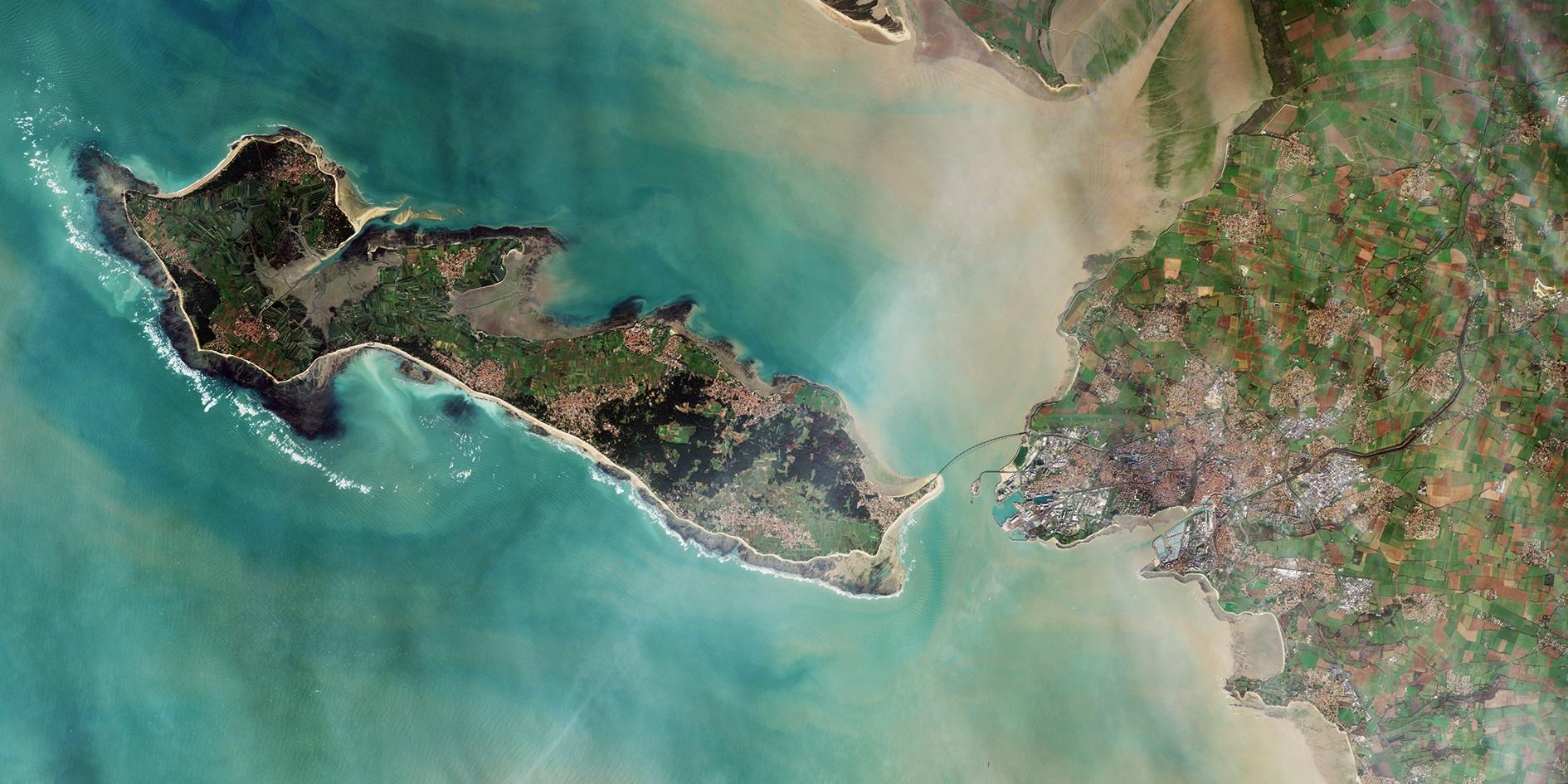
This is the third meeting in the series and the three witnesses helped us to explore about what resilience means on the ground and how cities can become more resilient in practice.
Our first witness was Sergio Freire representing the GHSL project from Global Security and Crisis Management Unit of the European Commission’s Joint Research Center (JRC). He joined Dr PB Anand (Anand Prathivadi Bhayankaram) from the Centre for International Development, University of Bradford and Professor Michael Batty, Bartlett Professor of Planning at University College London and Chair of the Centre for Advanced Spatial Analysis (CASA).
Wicked Problems and Discussion Points
How do we create a hierarchy of resilience? Do we take a human rights perspective and start with the sanctity of life? Should the needs for a resilient city be decided by people rather than governments?
How do you decide what data you need to assess a resilient city? Each city faces its own challenge, so the nature of resilience and the method of assessment are continually changing.
How do you decide which data you need? Which comes first: theory or data? Big data may be incidental to the problem and we need more experience of it. Traditional datasets, such as GDP per capita, do not measure inequality or social cohesion.
Are private caches of data acceptable? Large companies have huge data resources compared with some public projects. Can we assume such players are benign and their agenda aligns with goals such as inclusivity? How can government and civil society catch up?
Is nuance lost in big data? Particularly in relation to environmental risk and individual.
Levels of trust in institutions are important: A lack of trust can lead to public disengagement.
For more information about these meetings, please follow the links on the right or e-mail Dr Konstantina Stamati (ks712@cam.ac.uk)
